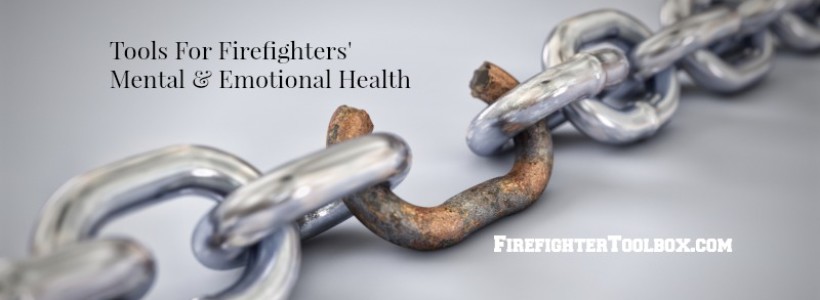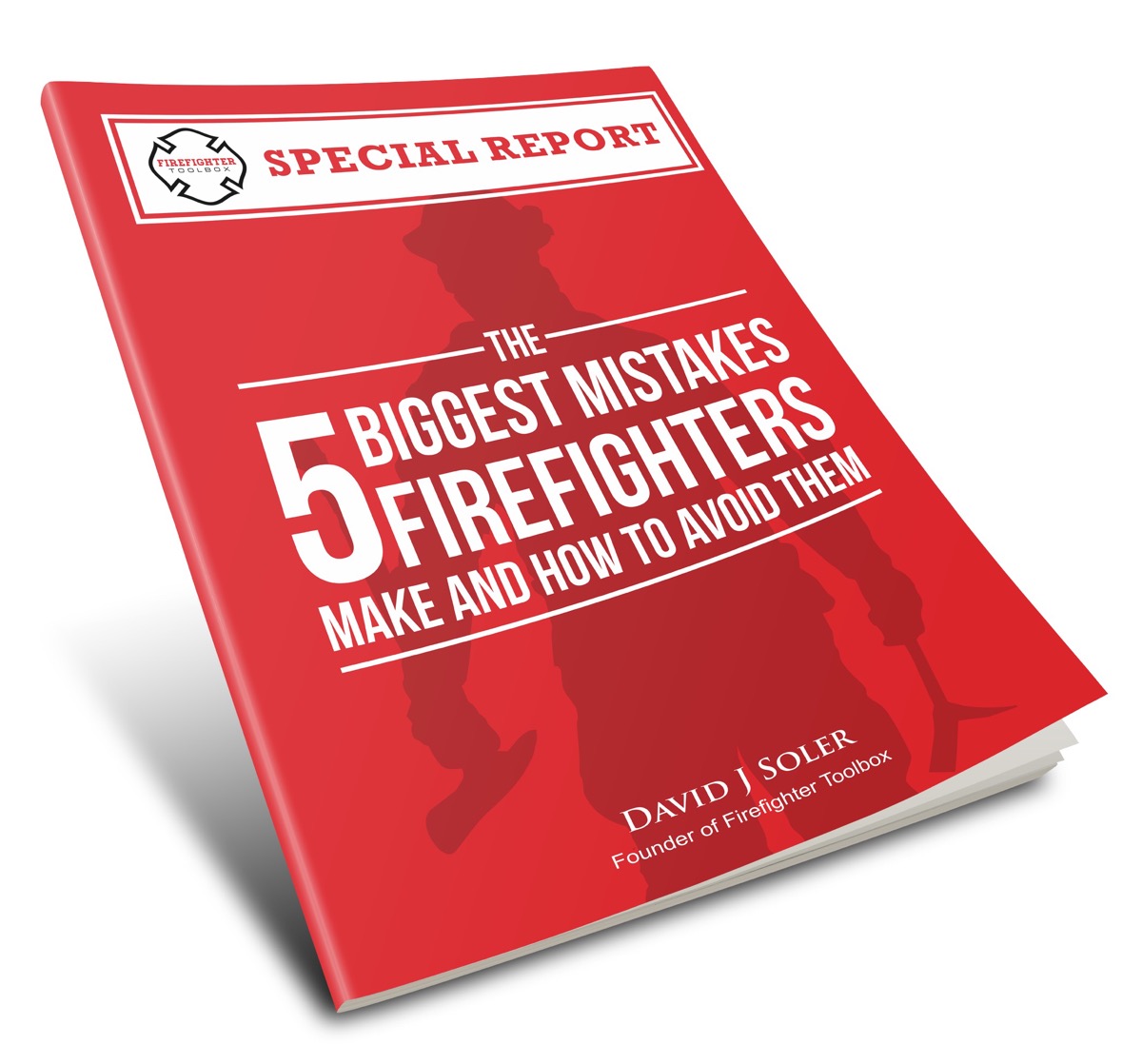Mental Strength Tools for Firefighters and EMTs
Firefighting Is Both A Job & A Lifestyle
Being a firefighter/EMT is really more than just a job: it’s a lifestyle. Whether you perform the duties as career or volunteer, it is a job and a lifestyle.
We all have a job to do to protect life and property. But before we can protect others, we have to protect ourselves and each other. We deal with stressors every day. These stressors can be found on calls, in the station, and in what we bring with us from home. Stressors can affect how we will perform when pushed to the limits.
We are pushed physically and mentally. We always think about whether we can perform physically. We know we have to have the physical strength and physical endurance to get through fire school and do the job-related work on the fire ground. We know we have to keep this physical strength up to be able to do this work for years.
I don’t think we always consider how we feel mentally.
What About Our Mental Strength?
Everyone copes with stressors in different ways. We de-stress in the station when we talk about the calls we run. We do this as a group, but also one-on-one. We de-stress by joking with one another. It is up to us to know when we have hit our limits when it comes to stress. It is, in many ways, up to those around us to notice these limits as well. We need to take care of each other.
What Happens When This Stops Working??
We have all heard of CISM, or critical incident stress management, in our years of the fire service. I received a certificate for it in recruit school and, in recent years, more certifications when I became a part of the crisis intervention team here at work.
Who takes care of us, when we are in need? Our peers do. This is what the crisis intervention team does. If this is not enough, and the stress becomes something you can’t work through, then someone who specializes in mental health may be an option.
Many fire departments are getting away from the CISM model, and going for a different approach with something called “Stress First Aid.” Stress First Aid was based on a model the military uses.
With high incidents of PTSD, or post traumatic stress disorder, the military sees firsthand what can happen during a call to duty. We may not be in a situation as grave as war, but the affects can be the same for sure. “Stress First Aid was developed to help reduce the likelihood that these stress reactions will develop into more severe or long-term problems,” according to the experts in this field (Stress First Aid Student Manual).
Look here in the future for a Podcast with one of the behavioral health specialists responsible for bringing Stress First Aid to light. Check out Life Safety Initiatives for more on psychological support in the fire services.
A Lifestyle For Mental Health & Strength
I said earlier that being a Firefighter/EMT is more like a lifestyle than a job. It is important to make sure you maintain a healthy lifestyle to keep your body and mind at optimal performance. A healthy lifestyle involves eating the right foods, keeping a healthy mind, and exercise, just to name a few.
Eating healthy can help mental health and strength. Of course eating healthy can’t fully take away mental health issues, but eating a balanced, healthy meal helps the overall well-being of your body.
This includes lowering sodium intake to help fight hypertension. Watching the amount of sugar consumed can lower the risk factors for serious illnesses. Illnesses alone can cause stress to the body. Those are just a couple factors to look into when eating healthy.
Exercise can reduce stress. Exercise releases endorphins into your blood stream, causing a “happy” feeling. It is a good way to release pent-up hostility and emotions. Exercise makes you strong and healthy and this alone can be a de-stressor. Something as simple as walking with a friend can be a de-stressor. Exercise can help with depression. Depression can make a stressful situation intensify.
When You Need Something More
When the stresses of everyday life affect your work performance, your home life, and/or your recreation — and talking with peers and friends no longer helps — then it is time to seek out someone who specializes in mental health.
You may even want to do this before things get too far along. In many places, the Employee Assistance Program (EAP) is offered. EAP gives you several free visits with a therapist, and you and that therapist can then determine if you need more. Many people turn to a spiritual counselor or official.
Do what works for you. You don’t have to limit it to just one source. You don’t have to feel alone; there are people out there who can help.
Take The First Step
Remember you have to take care of yourself first, before you can take care of others. Of course, we forget sometimes, but it is okay to think of yourself first.
Reach out to these resources and learn more. Seek and you shall find.
You are not being selfish; you are being wise. As firefighters and EMTs, we think we can do it all; we are tough and strong. But every once in a while, life can become just a little too much. That is when you need to stop, and look within yourself to get a little help from someone else.
Check our your department’s resources and, for more discreet help, check out the online resources such as Google searches, articles, podcasts etc. Also check out Life Safety Initiative #13.





